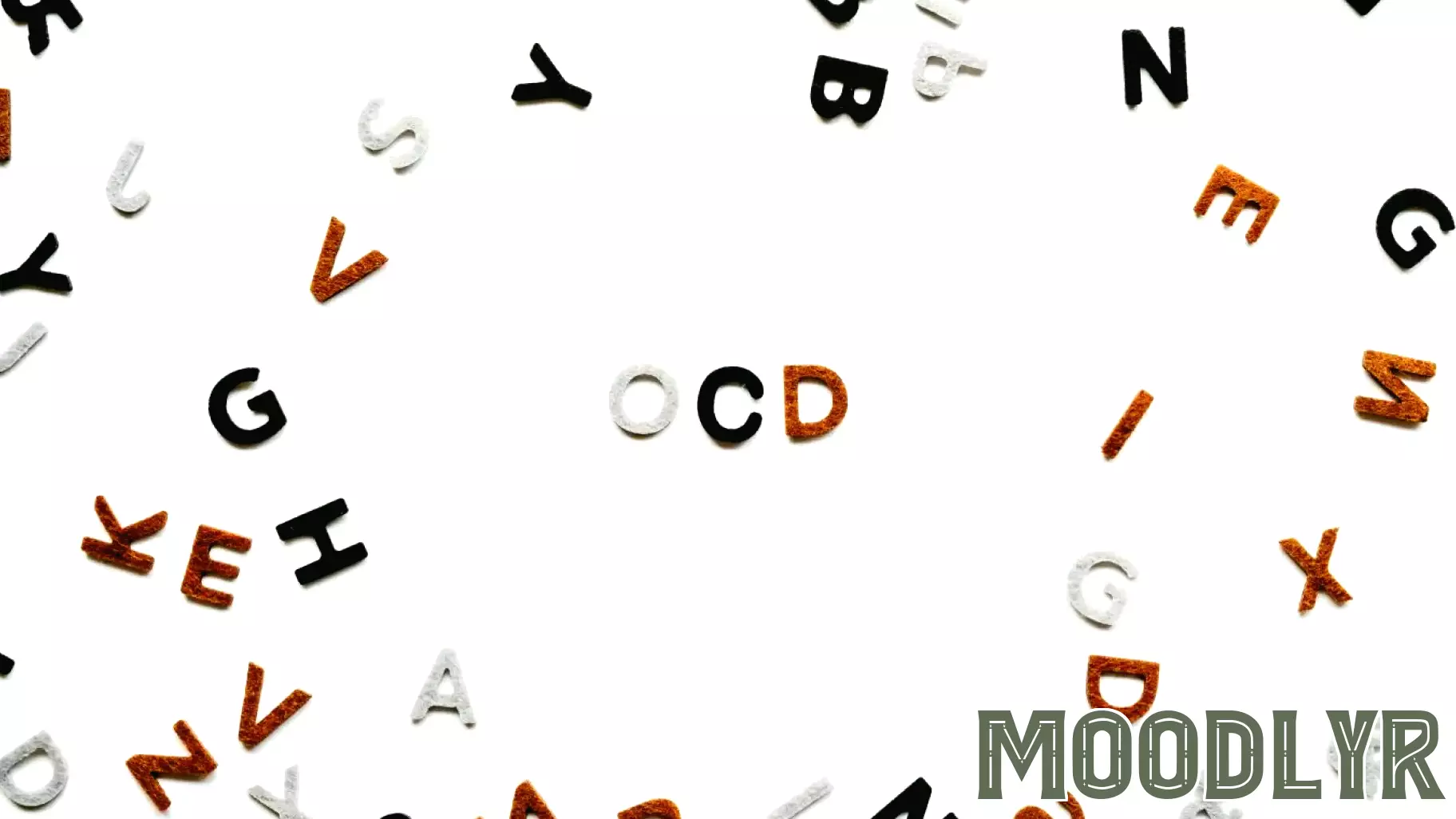November 30, 2024 - 20:52

A recent study has shed light on the decision-making processes of individuals with obsessive-compulsive disorder (OCD), challenging common perceptions about their relationship with immediate rewards. Contrary to the belief that those with OCD may prioritize immediate satisfaction due to their compulsive behaviors, the findings indicate that they are just as capable of delaying gratification as individuals without the disorder.
Researchers conducted experiments to assess how people with OCD responded to various reward scenarios. Participants were presented with choices between immediate smaller rewards and larger delayed rewards. The results demonstrated that individuals with OCD did not overvalue immediate rewards; instead, they exhibited a willingness to wait for more significant benefits, similar to their non-OCD counterparts.
This insight not only enhances the understanding of OCD but also highlights the complexity of the disorder. The study suggests that while compulsive behaviors may compel individuals to engage in rituals, their fundamental decision-making abilities regarding rewards remain intact. This research could have implications for therapeutic approaches and strategies aimed at managing OCD symptoms.



